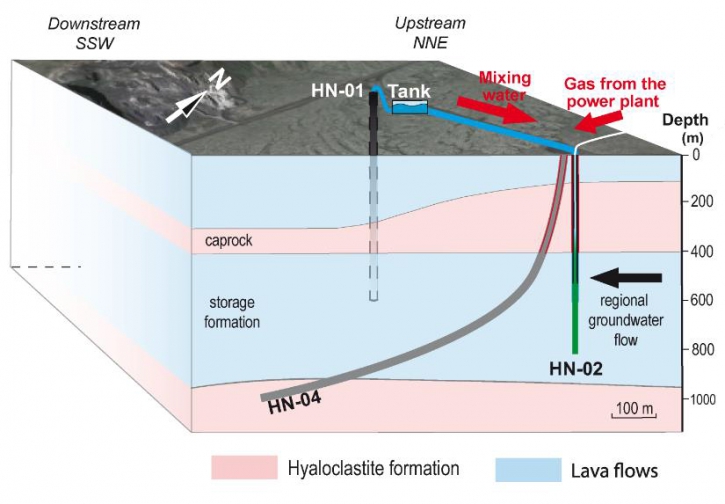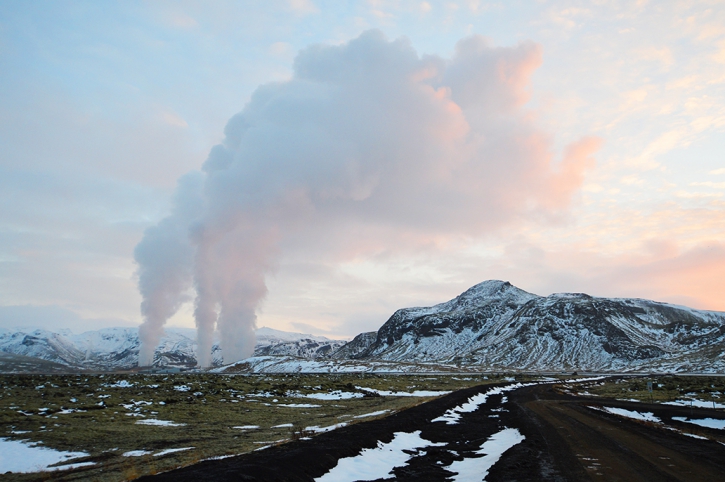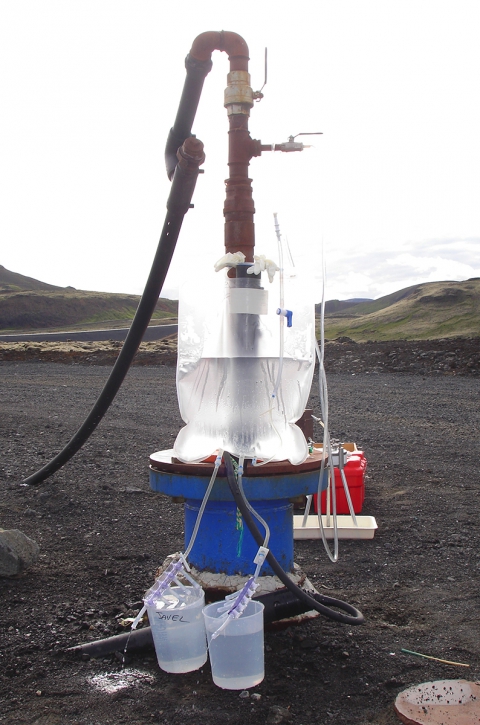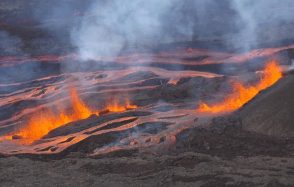Mineral CO2 storage in basalts: when deep underground bacteria get involved
At a time when alternative geo-engineering solutions are multiplying to offset the excessive emissions of carbon dioxide into the atmosphere as a result of the massive use of fossil fuels (coal, oil, gas), the natural ability of basalts to mineralize CO2 into solid carbonates has long been seen as an attractive and promising avenue for long-term storage of this greenhouse gas and limiting environmental risks.
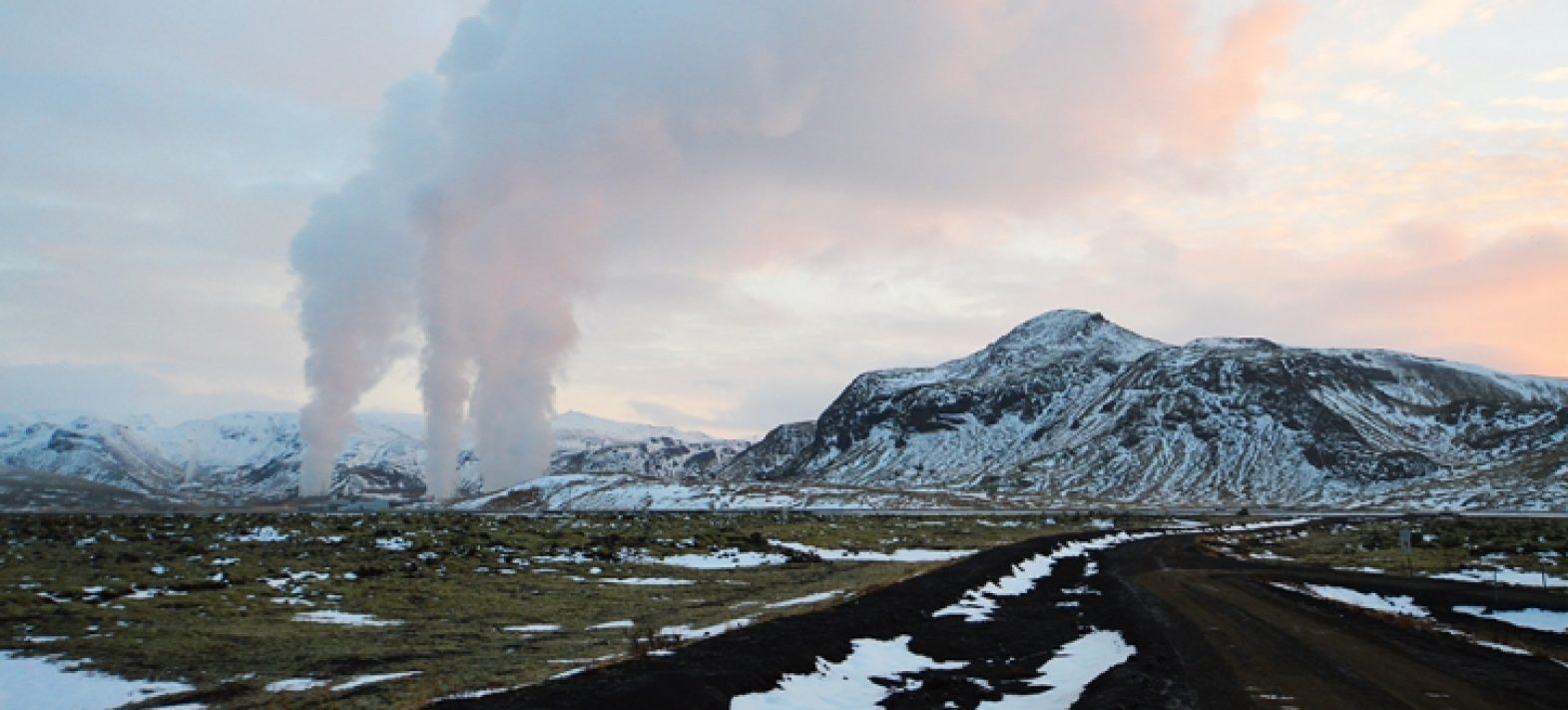
Publication date: 20/10/2017
General public, Press, Research
Related teams :
Lithosphère Organosphère Microbiosphère (LOMs)
Related themes : Earth System Science





